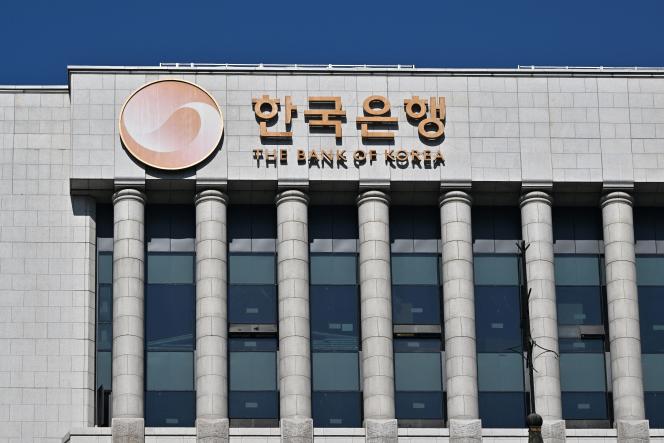Husual scapegoats in times of crisis, the banks are once again in the crosshairs, not only of borrowers or thugs but also of their own regulators. A global phenomenon. In South Korea, the authorities have decided to open up the sector to more competition, while in the United Kingdom they are summoned by the Financial Conduct Authority for an official reprimand session. The reason for this sudden concern is the contrast between excellent results and deteriorating loan and investment conditions.
In Seoul, the very serious Financial Services Commission, which regulates the sector, believes that the banks have used their lavish profits to “distributing bonuses and dividends to employees and shareholders rather than returning them to citizens”. This conclusion comes after an alert from President Yoon Seok-youl, however little suspected of communist sympathy, who criticized the country’s five major banks for fattening themselves on the backs of borrowers, increasingly in difficulty with the rise in rates. . Also, for the first time since 1992, new competitors will be authorized to operate on the national market. The development of online banks will be encouraged as well as the subsidiaries of foreign groups.
A profession apart
Penalized by years of very low interest rates, banking establishments in major developed countries are recovering their health by playing on one of the main constituents of their margin, the difference between the money lent and the return on savings. of their customers. New Zealand has launched a comprehensive market study into these practices, while US President Joe Biden recently stepped up to condemn excessive bank margins.
In the United Kingdom, where the competition is however much stronger than in Korea, the Financial Conduct Authority chose to summon, Thursday, July 6, the four giants of the sector, HSBC, Natwest, Lloyds and Barclays to scold them and ask them a formal commitment. THE FinancialTimes details the complaints. The Bank of England raised its rates thirteen times to 5%. Faced with this situation, the banks raised mortgage rates to an average of 6.4%. At the same time, the classic savings account is remunerated at 2.43%. Even less than the French Livret A. It is in this considerable gap that the lavish profits of British banks are nestled.
But the situation is changing and the profession, to defend itself, nevertheless stresses that the average rate of return for depositors is, with France, one of the highest in Europe. Moreover, the fall in the number of loans is already drying up this windfall. The fact remains that banking is a profession apart. Because of their importance for the economy and the risk they carry, banks will always be protected by their States, even if a small rise in the ramp from time to time can only do them good…
